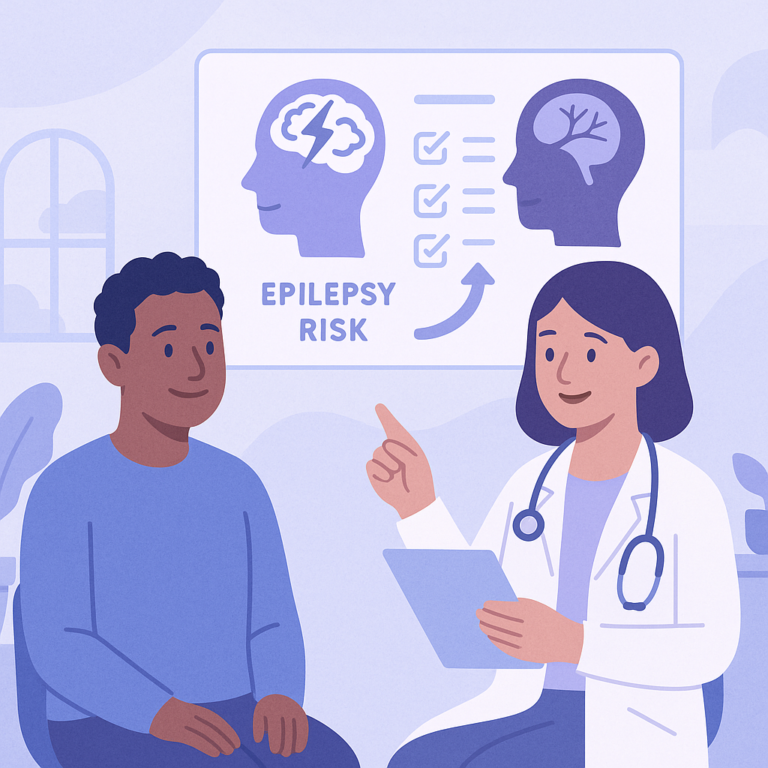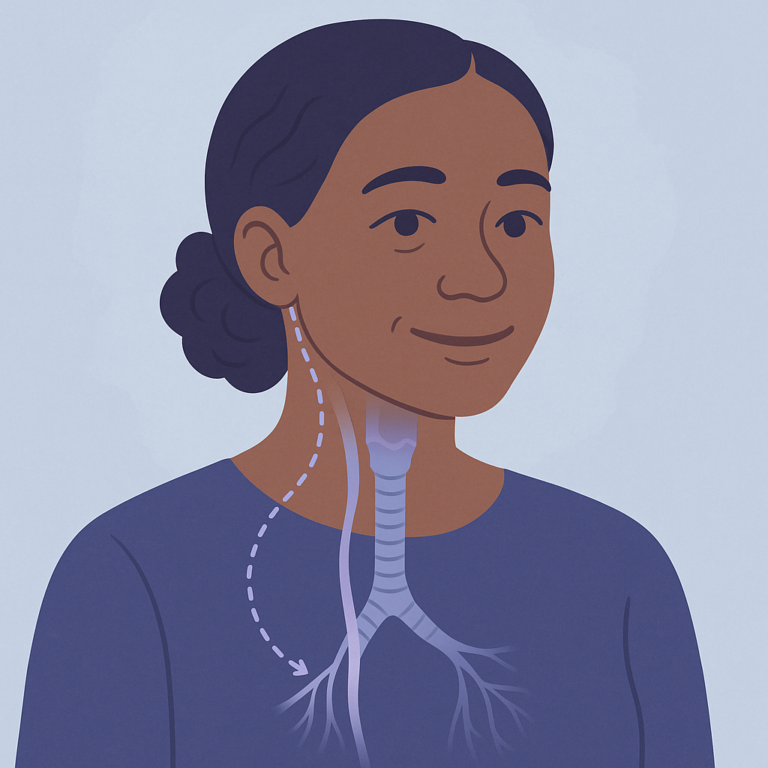Understanding Epilepsy in 8p-Related Genetic Disorders
This study looked at epilepsy in patients with 8p-related disorders, which are genetic conditions linked to changes on the short arm of chromosome 8.
This hub covers epilepsy genetics: how gene changes can contribute to seizures (often in children). We translate studies on testing, results like VUS, and what findings may change for care.
No. It’s common in pediatrics, but adults can benefit from genetic testing, too, especially with unclear diagnosis or family history.
Sometimes. For certain conditions, results can guide medication choice, diet therapies, or referral decisions.
It usually means “not enough evidence yet.” It shouldn’t be treated as a definite cause, but it can be reclassified over time.
Not necessarily. Testing can miss some variants, and new gene links are still being discovered.

This study looked at epilepsy in patients with 8p-related disorders, which are genetic conditions linked to changes on the short arm of chromosome 8.

This study looked at how well a wrist-worn device called Embrace2 can detect seizures in patients at an epilepsy monitoring unit (EMU).

A study was conducted to evaluate the safety and effectiveness of vigabatrin, a medication for epilepsy, in children with Lennox-Gastaut syndrome (LGS).

Researchers studied the effects of an online sleep intervention called COSI for parents of children with epilepsy who also had sleep problems.

Researchers studied how to predict the risk of developing epilepsy after a first-time ischemic stroke, which is a type of stroke caused by blocked blood flow to the brain.

Researchers studied how sex and gender differences affect various neurological diseases, including epilepsy, in both men and women.

Researchers studied the effects of a medication called memantine on 34 individuals with specific genetic changes known as GRIN gain-of-function variants.

This study looked at a rare complication called Horner syndrome that can occur after vagus nerve stimulation (VNS) surgery, which is a treatment for epilepsy that doesn’t respond to medication.

Researchers studied how the timing of biological rhythms affects seizures in people with epilepsy.